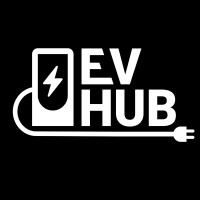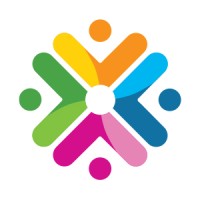
Atlas EV Hub
The Atlas EV Hub is an online platform to equip all stakeholders with actionable information on the EV market. The objective of EV Hub is to bring a data-driven approach to policymaking around transportation electrification and accelerate market growth. The EV Hub contains a wealth of data on the transportation electrification market, including vehicle registrations, infrastructure deployment, public policy, research, and media coverage. The site aggregates this information in easy-to-use dashboards to quickly find what you’re looking for. Since early 2017, Atlas has been working with NGOs, companies, and state and local public officials to create a one-stop shop for information on transportation electrification. The EV Hub is designed to save people time and allow organizations to more effectively allocate resources to work on advancing the market.






